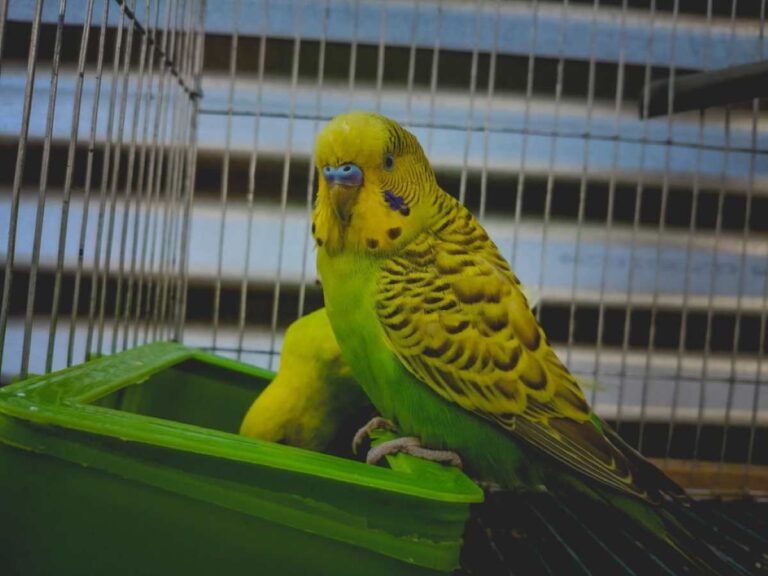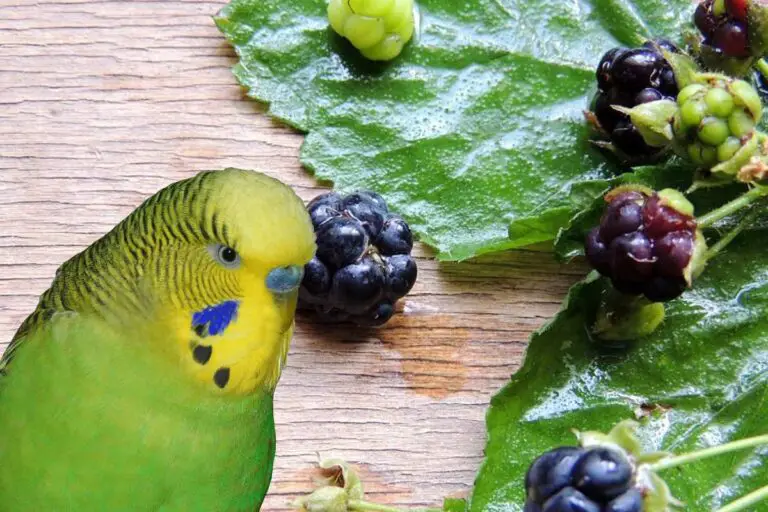Do Crows Eat Other Birds?

Hey there, fellow birdwatchers! Ever caught sight of a crow and wondered about its intriguing dining habits? Especially, the question – do crows eat other birds? Well, let’s put that mystery to rest. Yes, they do! But hang on, there’s so much more to it than just a simple yes or no.
As we delve into the complex world of crows today, we’ll unravel their diverse diets, smart survival tactics, and how these intelligent beings are woven into the larger fabric of our shared ecosystem. So, tighten your belts, friends, as we embark on this journey into understanding one of nature’s most fascinating and misunderstood creatures – the crow. With each revelation, I promise you, your appreciation for these smart birds will only soar higher. Ready?
Understanding Crows: A Bird Overview
Crows, belonging to the Corvus genus, are a part of the Corvidae family, which comprises several other intelligent birds like ravens, rooks, and jackdaws. Crows are scattered around various parts of the globe, their resilient nature enabling them to inhabit diverse environments from suburban neighborhoods to dense forests, only shying away from extremely cold regions such as Antarctica.
Their defining traits include glossy black plumage, strong beaks, and most notably, their high intelligence. Renowned for their problem-solving skills, tool use, and complex social structures, crows have become a fascinating subject for scientific research.
However, another aspect of crow behavior that garners attention is their diet. Crows are known to have an omnivorous diet, which includes insects, grains, fruits, and small mammals. But when the question, “Are crows carnivorous?” arises, it opens up a more specific discussion about their eating habits.
Indeed, crows have been observed consuming meat, but does that include other birds? As opportunistic eaters, do crows widen their dietary scope to include their avian counterparts? To answer this, we need to delve deeper into the topic of crow predation.
Read also: Can Crows Talk?
Do Crows Eat Other Birds?
To answer the burning question – Do crows eat other birds? – Yes, they do. Crows, like several other bird species, are opportunistic feeders, which means they eat whatever is easily available and requires the least amount of energy to obtain. While insects, grains, and fruits form a significant part of their diet, they do not shy away from meat, which includes other birds as well.
However, it is crucial to note that crows consuming other birds is not as rampant as it might seem. Crows primarily resort to predation when other food sources are scarce or during specific periods such as the breeding season. During these times, the eggs and hatchlings of other bird species become an important part of their diet. These are easy targets for crows as they are defenseless and provide the necessary nutrients.
When examining what types of birds crows typically eat, there’s a wide range. In urban and suburban settings, it’s common to find crows preying on smaller birds like sparrows and pigeons (Do crows eat sparrows? Do crows eat pigeons? – Yes, they often do). In more rural settings, they may also go after the young of other species, from songbirds to waterfowl. This is also a primary reason why the phrase “crow eats baby bird” often pops up in discussions around crow diet.
However, it’s important to remember that predation is not the primary mode of feeding for crows, but rather an opportunistic behavior observed in specific conditions.
Read also: Do Crows Eat Squirrels?
Predatory Behavior in Crows

When we delve deeper into the predatory behavior of crows, we find that it is a combination of opportunity and necessity that drives these birds to predate other species. Often misunderstood as vicious predators, crows are actually quite strategic and efficient when it comes to securing food sources.
There are several methods by which crows hunt other birds. They may choose to attack directly, but more often, they employ ingenious strategies to get their prey. For instance, crows have been observed causing a commotion near the nests of other birds to scare off the parents or flush out the young ones. Once the young birds or eggs are left unprotected, the crows move in to eat them.
In other instances, crows may not directly hunt, but instead, take advantage of situations. If they find a dead bird, they wouldn’t hesitate to eat it, making them effective scavengers as well as predators.
Predatory behaviors are typically more pronounced during the breeding season. This is the time when baby birds and eggs are readily available and are an excellent source of protein needed for the growth of crow hatchlings.
Yet, despite their occasional predation, crows maintain a balanced diet that largely depends on the availability of food sources, the season, and their habitat conditions. Therefore, while they do have the capability to predate, they are not solely reliant on it for their survival.
Read also: How Long Do Crows Live?
Impact on Other Bird Populations
The phenomenon of crows eating other birds raises questions about the impact of this behavior on bird populations. However, while it might seem alarming to think about crows as predators of other birds, the reality is that their impact on overall bird populations is relatively small.
Crows are indeed predators, but they are also opportunistic feeders. This means that they do not exclusively eat other birds but consume a varied diet based on what’s available. Moreover, predation on other birds is more prevalent during the breeding season when crows are seeking high-protein food for their chicks.
While crows may contribute to predation pressures on some bird species, particularly during breeding season, they are seldom the sole cause for significant declines in bird populations. Bird populations are influenced by a multitude of factors, including habitat loss, disease, predation by other animals, and climate change, to name a few.
For instance, while crows may prey on sparrows or pigeons in urban environments, it’s unlikely their predation alone would significantly impact these bird populations. Other factors such as habitat loss due to urban development or exposure to pesticides are often more influential.
In conclusion, while crows do play a role as predators in the bird world, their impact should be viewed in a broader ecological context. They are a part of the natural ecosystem, and their predation is just one of many elements influencing bird populations.
Read also: What Does It Mean When You See A Crow?
Final Thoughts
In summing up, crows do eat other birds, but this is a smaller component of their overall diet, which is typically omnivorous and diverse. Their diet mostly includes invertebrates, grains, fruits, and small mammals. During breeding seasons, however, birds and eggs do become a more significant part of their diet, leading to an increase in predation behaviors.
The hunting techniques of crows showcase their exceptional intelligence and adaptability. Whether it’s startling other birds to flush out the young or patiently waiting to scavenge a meal, crows exhibit a variety of strategies to secure food. They’re opportunistic creatures who are clever enough to utilize available resources efficiently, making them one of the most successful bird species.
While crows do predate other birds, it’s important to remember that their impact on overall bird populations is not as significant as one might assume. Bird populations are subject to a multitude of influences, and predation by crows is just one amongst these. More often than not, factors such as habitat loss, climate change, and exposure to diseases or pesticides have a far more devastating effect on bird populations.
Frequently Asked Questions
1. Are crows carnivorous?
While crows do eat meat and can thus be considered carnivorous, they are technically omnivores. Their diet is diverse and includes fruits, grains, insects, small mammals, and yes, other birds. However, birds and other meat sources typically form a smaller portion of their overall diet.
2. What types of birds do crows eat?
Crows are opportunistic and versatile in their diet. In urban and suburban settings, they might feed on pigeons and sparrows. During the breeding season, they also prey on the eggs and chicks of various bird species that are easily accessible and defenseless.
3. How often do crows eat other birds?
While crows do eat other birds, it is not a daily occurrence. Their predation of other birds often depends on factors such as food availability, the breeding season, and the presence of vulnerable young birds or eggs.
4. Do crows’ eating habits cause a decline in bird populations?
While crows do predate other birds, their impact on overall bird populations is minor. Factors such as habitat loss, diseases, predation by other animals, and climate change often have a much more significant impact on bird populations.
5. Why do crows eat other birds?
Crows eat other birds primarily as a source of protein. This behavior is more pronounced during the breeding season when high-protein food is required for their growing chicks. However, as opportunistic feeders, they adapt their diet based on what’s readily available.

Martin Cooper
Hello and welcome! I’m an avid bird enthusiast, dedicated to observing, understanding, and documenting our feathery friends. I hope my passion and knowledge inspires your own avian admiration! Join me as we soar into this fascinating world.






